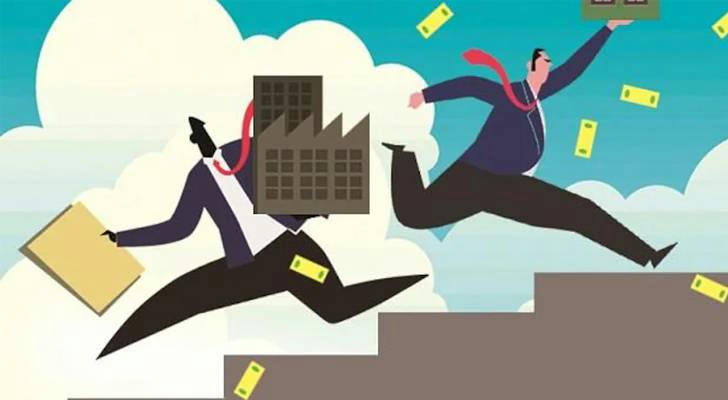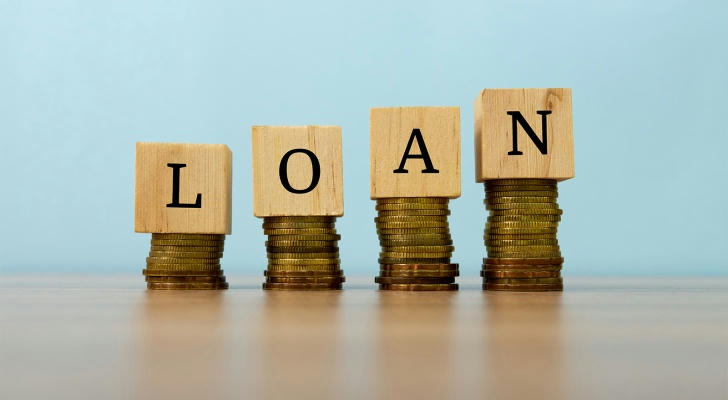The Science of Repaying Loans Faster Without Breaking the Bank
Loans are a reality for most adults—whether it’s for education, a home, a car, or emergency expenses. While borrowing money can be a helpful financial tool, repaying it can feel overwhelming. The good news is: you can repay loans faster without straining your budget—if you follow a smart, well-structured strategy.
This article explores practical, proven ways to reduce debt efficiently while maintaining financial stability. We’ll combine expert recommendations, real-world examples, and clear action steps to help you achieve financial freedom sooner.
💡 Why Pay Loans Off Faster?
Before diving into strategies, let’s understand the benefits of paying off loans early:
Save on Interest: The longer you hold debt, the more you pay in interest. Paying early reduces this cost.
Reduce Stress: Less debt = better peace of mind.
Improve Credit Score: Lower balances and consistent payments build strong credit.
Free Up Cash Flow: Paying off loans allows more money to be redirected to savings or investments.
According to the Consumer Financial Protection Bureau (CFPB), even small extra payments can shorten loan terms and reduce total interest paid by hundreds—or even thousands—of dollars.

📊 Understand Your Loan Terms First
Repaying your loan effectively starts with knowing what you’re dealing with. Gather details like:
Interest rate (APR): Is it fixed or variable?
Loan term: How many months or years are left?
Monthly payment amount: Minimum due and actual amount paid.
Prepayment penalties: Some lenders charge a fee if you repay early.
💡 Tip: Check your loan amortization schedule to see how much of each payment goes to principal vs. interest.
🚀 6 Practical Strategies to Pay Off Loans Faster
Here’s how you can repay debt faster without hurting your daily finances.
1. Make Biweekly Payments Instead of Monthly
Instead of 12 monthly payments, split your monthly payment in half and pay every two weeks. You’ll make 26 half-payments per year—equal to 13 full payments annually.
🧮 Example: If your monthly loan payment is $400, biweekly payments of $200 will add one extra full payment a year, shaving months off your loan term.
2. Round Up Payments Automatically
Round up your payments to the nearest $10, $50, or $100. It may seem small, but over time, this reduces principal faster.
✔️ Example: Paying $425 instead of $400 each month cuts interest and helps you finish faster.
3. Use Windfalls and Bonuses Wisely
Tax refunds, work bonuses, and cash gifts are perfect for lump-sum payments.
💡 Strategy: Allocate 50% of any windfall toward your loan principal while keeping the rest for savings or emergency funds.
4. Refinance at a Lower Interest Rate
If your credit score has improved or market rates have dropped, refinancing can lower your interest rate and monthly payment.
🔍 Caution: Refinancing may restart your loan term, so opt for shorter terms to truly benefit.
✅ Case in Point: Refinancing a $20,000 personal loan from 10% to 6% APR can save you over $2,000 in interest over 5 years, according to a NerdWallet Loan Calculator.
5. Apply the "Debt Avalanche" or "Snowball" Method
These are two widely recommended payoff strategies:
Debt Avalanche: Pay off the loan with the highest interest rate first (most cost-effective).
Debt Snowball: Start with the smallest balance for quick wins and motivation.
🔁 Whichever method you choose, make minimum payments on all loans and direct any extra money to your target loan.
6. Cut Unnecessary Subscriptions or Lifestyle Expenses
You don’t need to live frugally forever—but temporarily adjusting your lifestyle can free up cash.
💡 Actionable Tip: Cancel unused subscriptions, eat out less, and redirect that money to your loan. Saving $100/month = $1,200/year in extra payments.

🔒 Avoid These Common Loan Mistakes
Even with a strong plan, some traps can slow your progress:
Ignoring Loan Terms: Overlooking prepayment penalties or variable rate changes.
Only Making Minimum Payments: This keeps debt around longer and increases interest paid.
Taking on New Debt Too Soon: Focus on repaying current debt before taking on new financial commitments.
📘 Real-Life Example: Sarah’s Student Loan Journey
Sarah had a $30,000 student loan at 6.8% interest, with a 10-year term. Her monthly payment was $345. Inspired to become debt-free faster, she took the following steps:
Made biweekly payments instead of monthly
Directed her $2,000 tax refund toward the loan
Cut her subscription services and added $100/month to her payments
Result: She repaid her loan in 7.5 years instead of 10, saving over $3,000 in interest.
💬 FAQ: Common Questions About Loan Repayment
Q: Should I pay off loans or invest?
A: If your loan interest rate is higher than your potential investment return (usually 6–7%), prioritize repayment.
Q: Will early repayment hurt my credit score?
A: No, early repayment helps in the long run by lowering your credit utilization and improving your debt-to-income ratio.
Q: Can I automate extra payments?
A: Yes. Many lenders allow you to set recurring extra payments toward principal. Just be sure to specify "principal only" when paying more.

🎯 Summary: A Simple Action Plan
| Step | Action |
|---|---|
| 1. Understand loan details | Know your APR, term, and any penalties |
| 2. Choose a payoff strategy | Avalanche or Snowball |
| 3. Make more frequent payments | Use biweekly or round-up methods |
| 4. Refinance if beneficial | Secure lower rates if possible |
| 5. Use windfalls wisely | Apply bonuses or tax refunds to principal |
| 6. Track progress monthly | Use loan calculators or apps |
🧠 Final Thought: Progress Over Perfection
Repaying loans quickly doesn't require major sacrifices—it requires small, consistent, smart decisions over time. Whether you start with $10 extra a week or a lump-sum payment from a bonus, every bit counts.
You don’t need to be wealthy to become debt-free—you just need a clear plan, realistic goals, and the discipline to stick with it.
So start today. Your future self will thank you.
